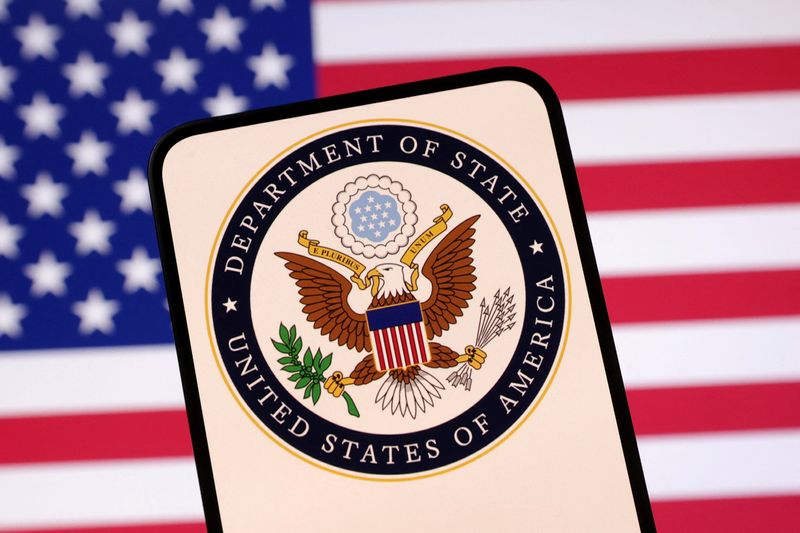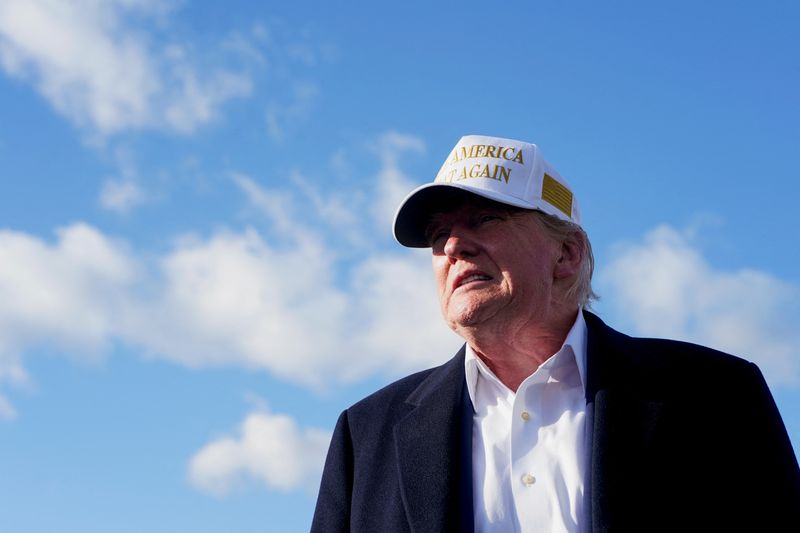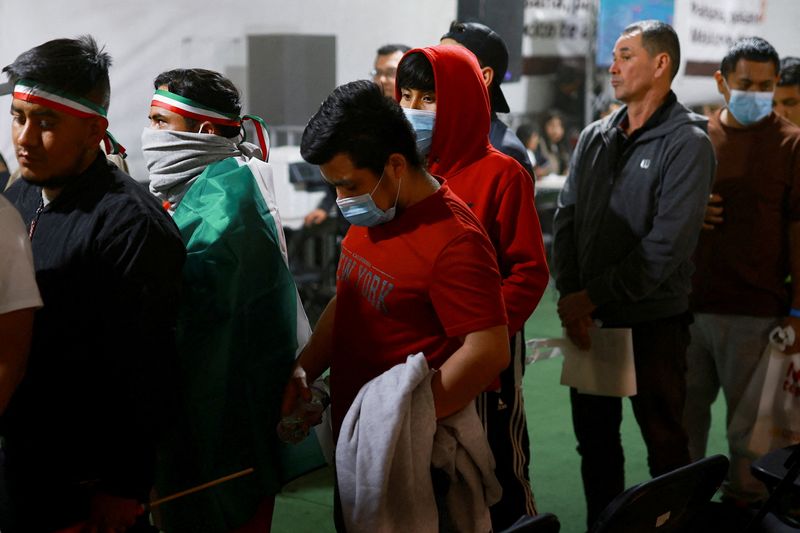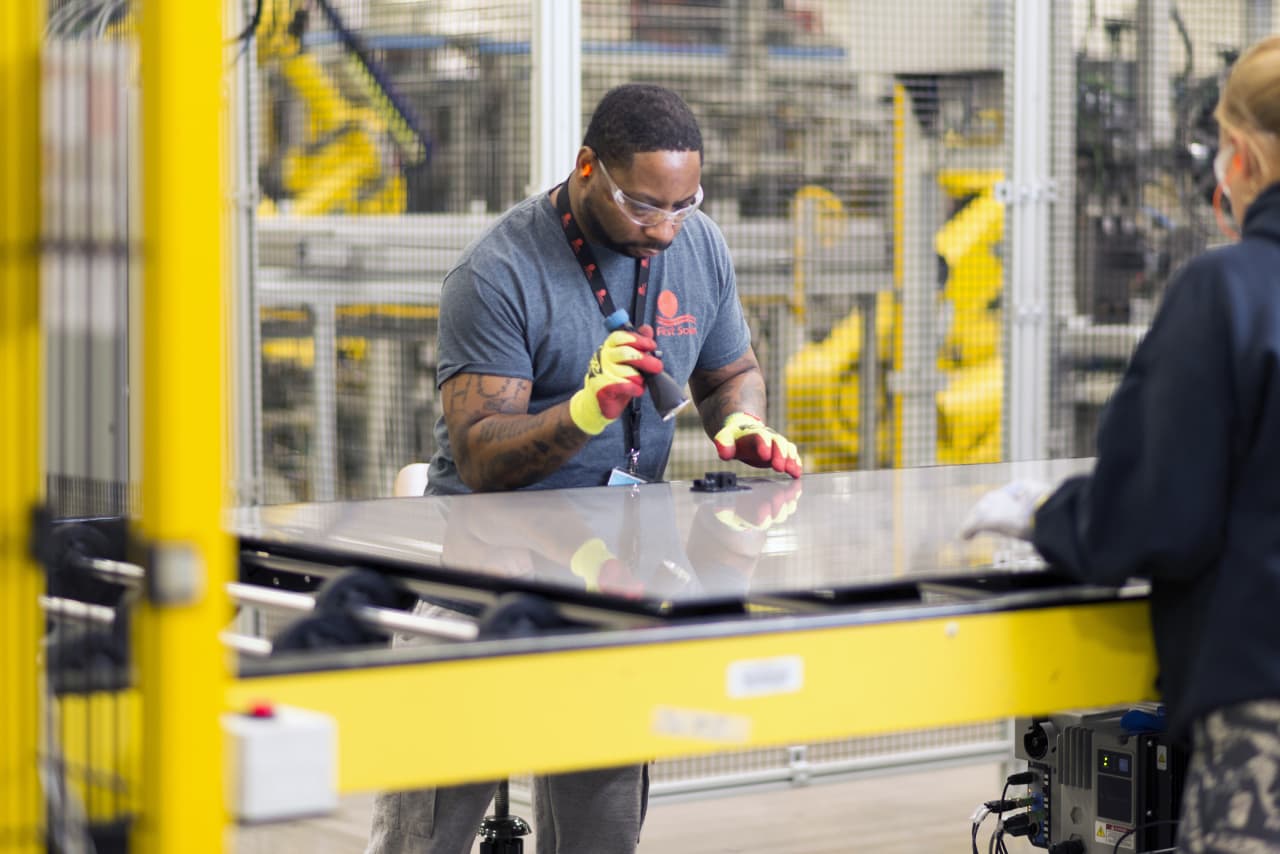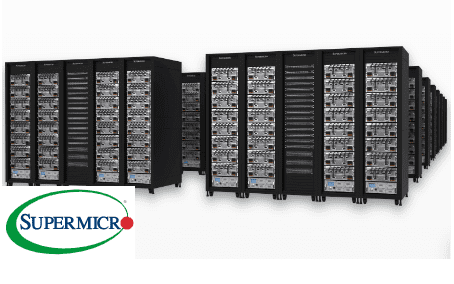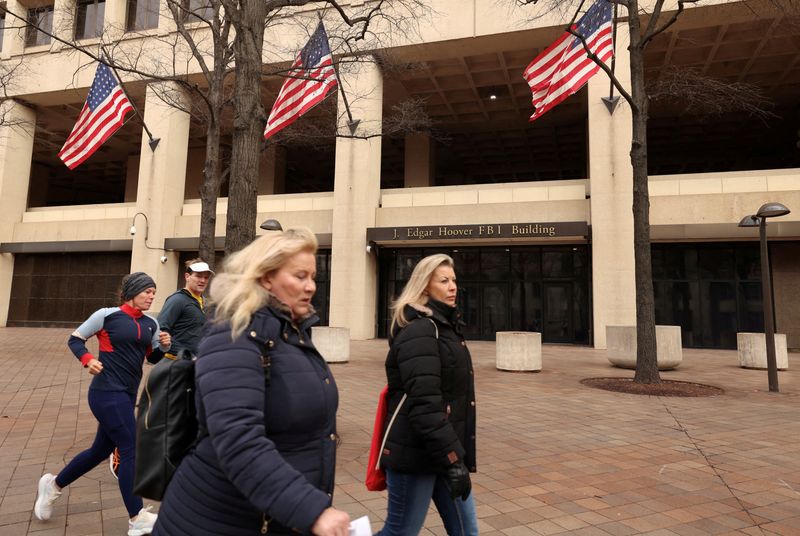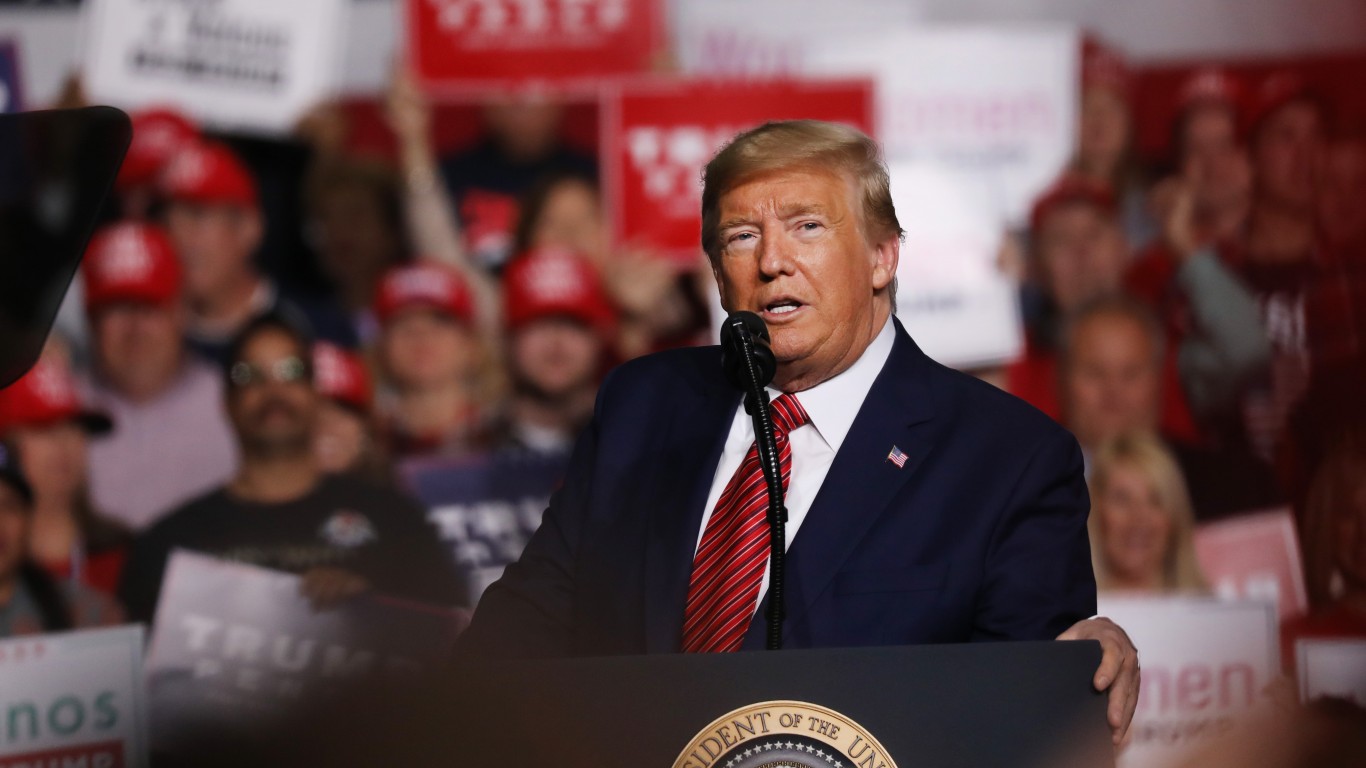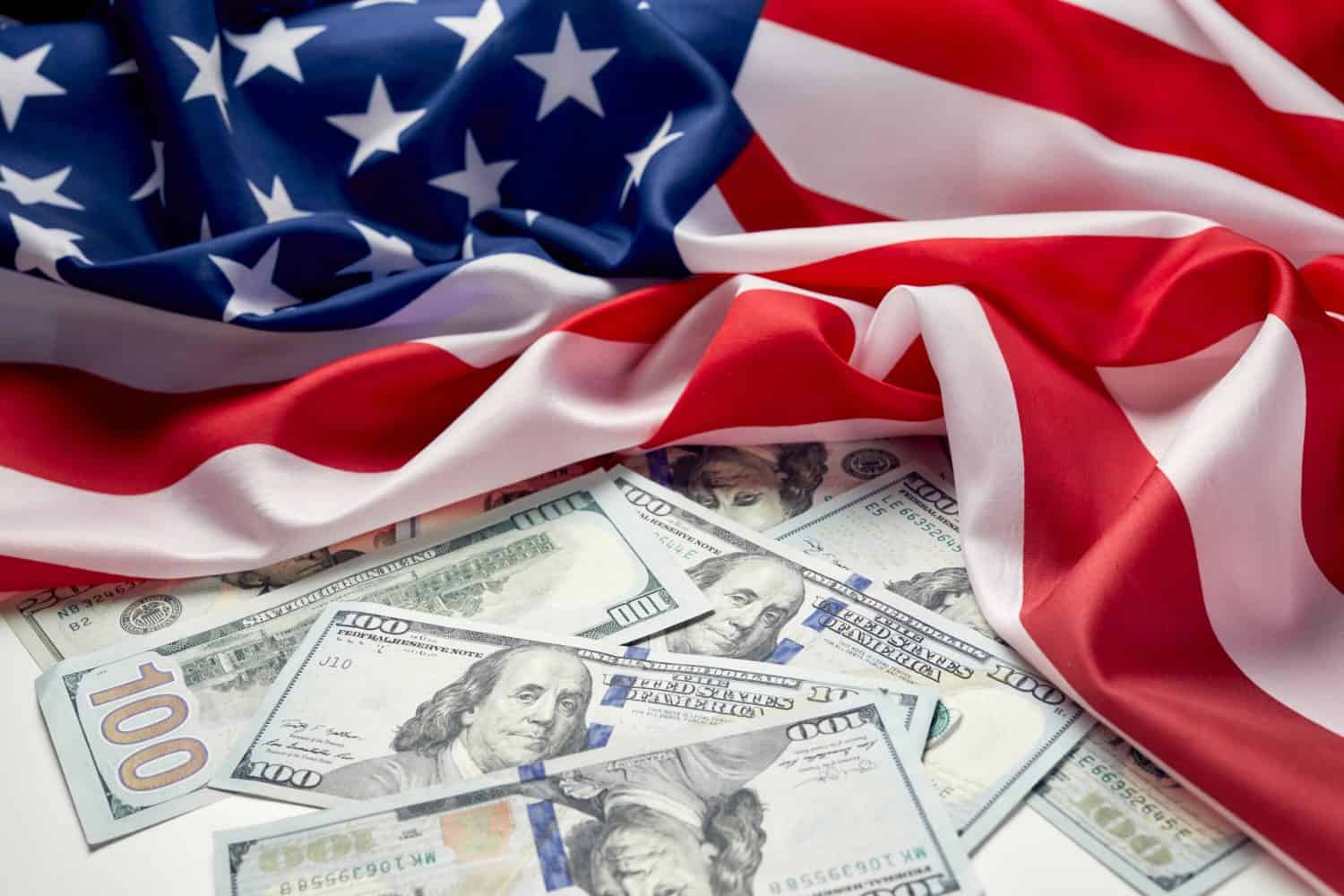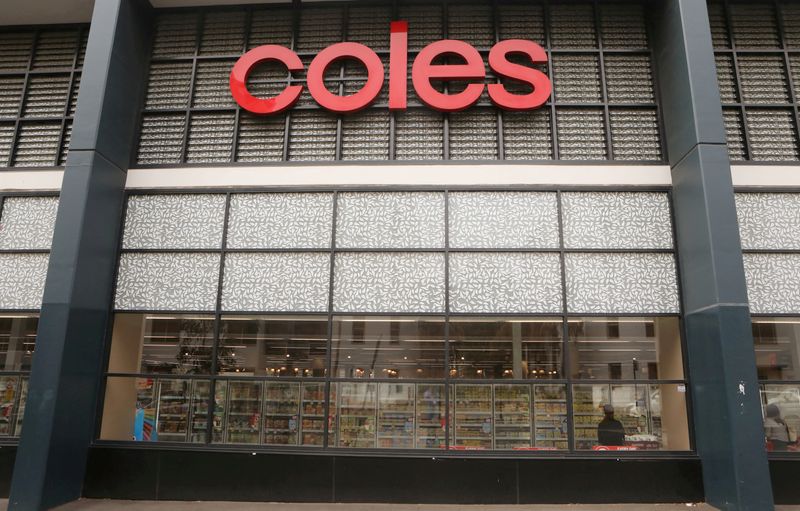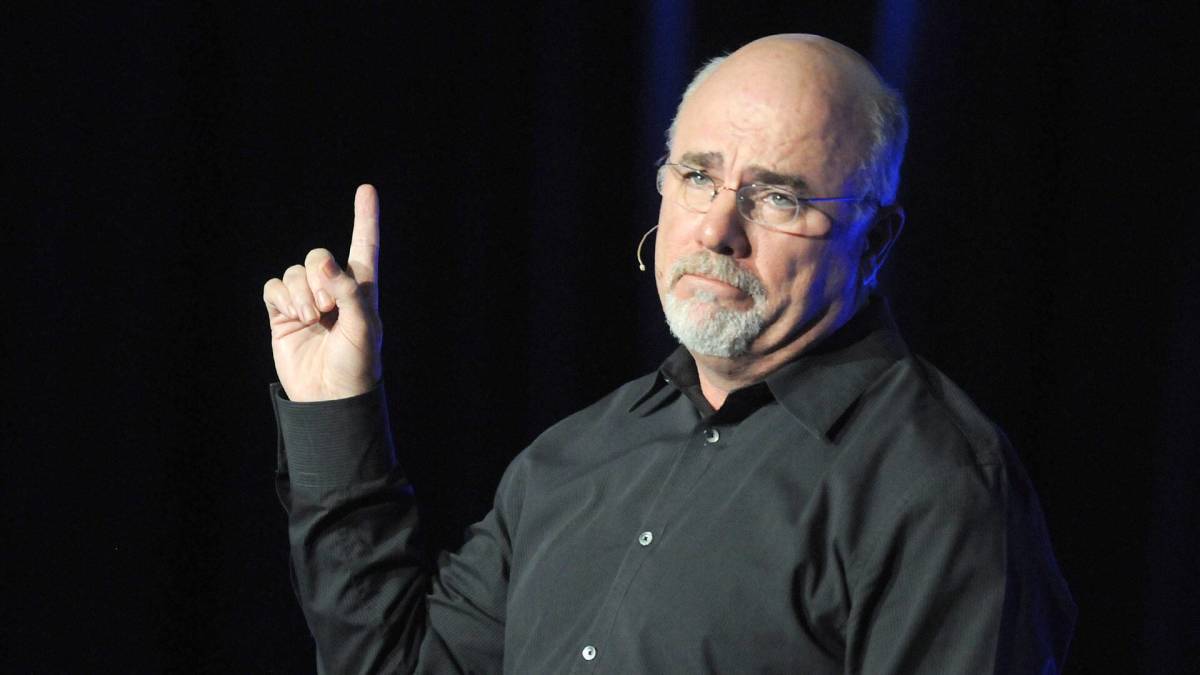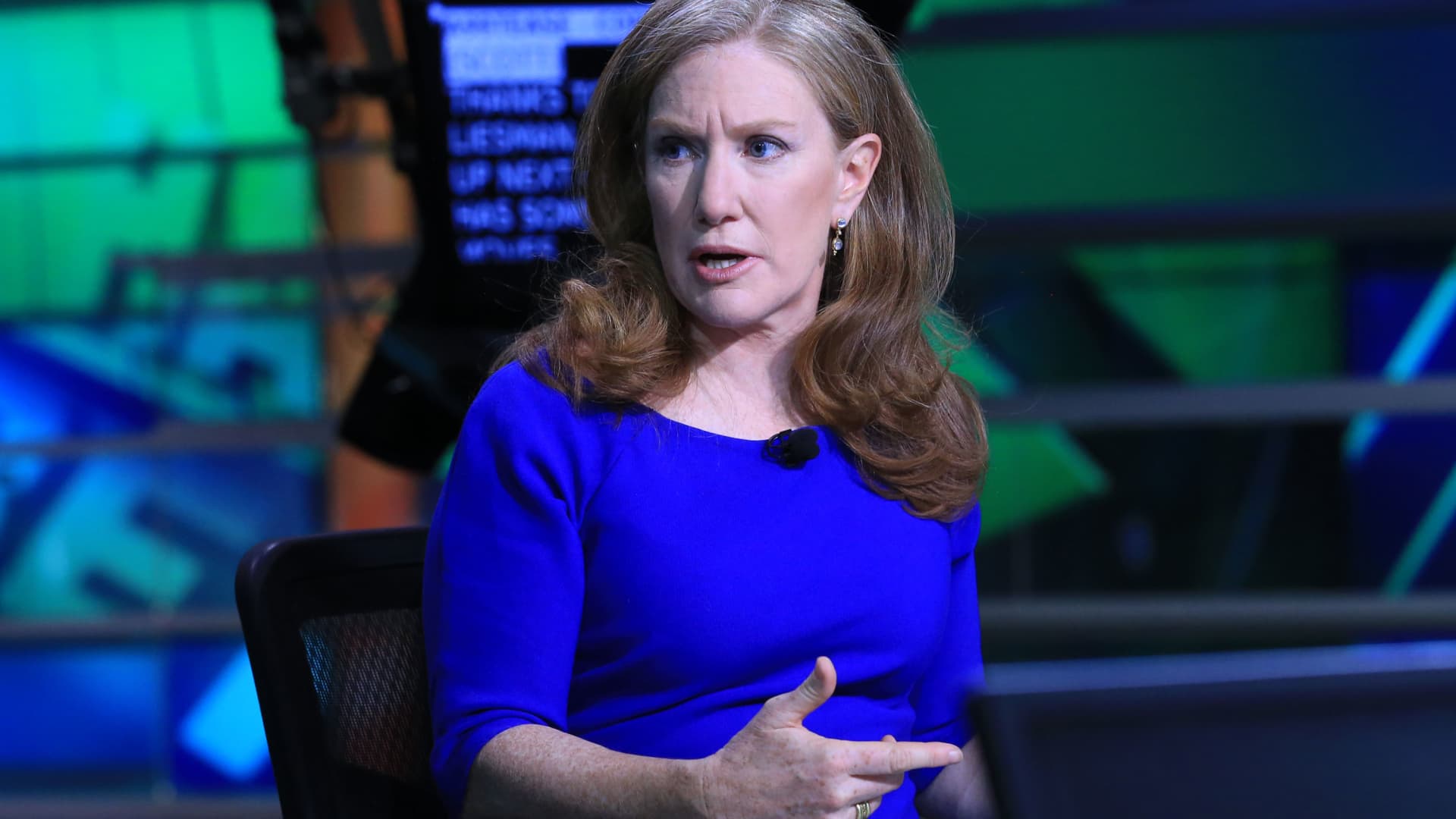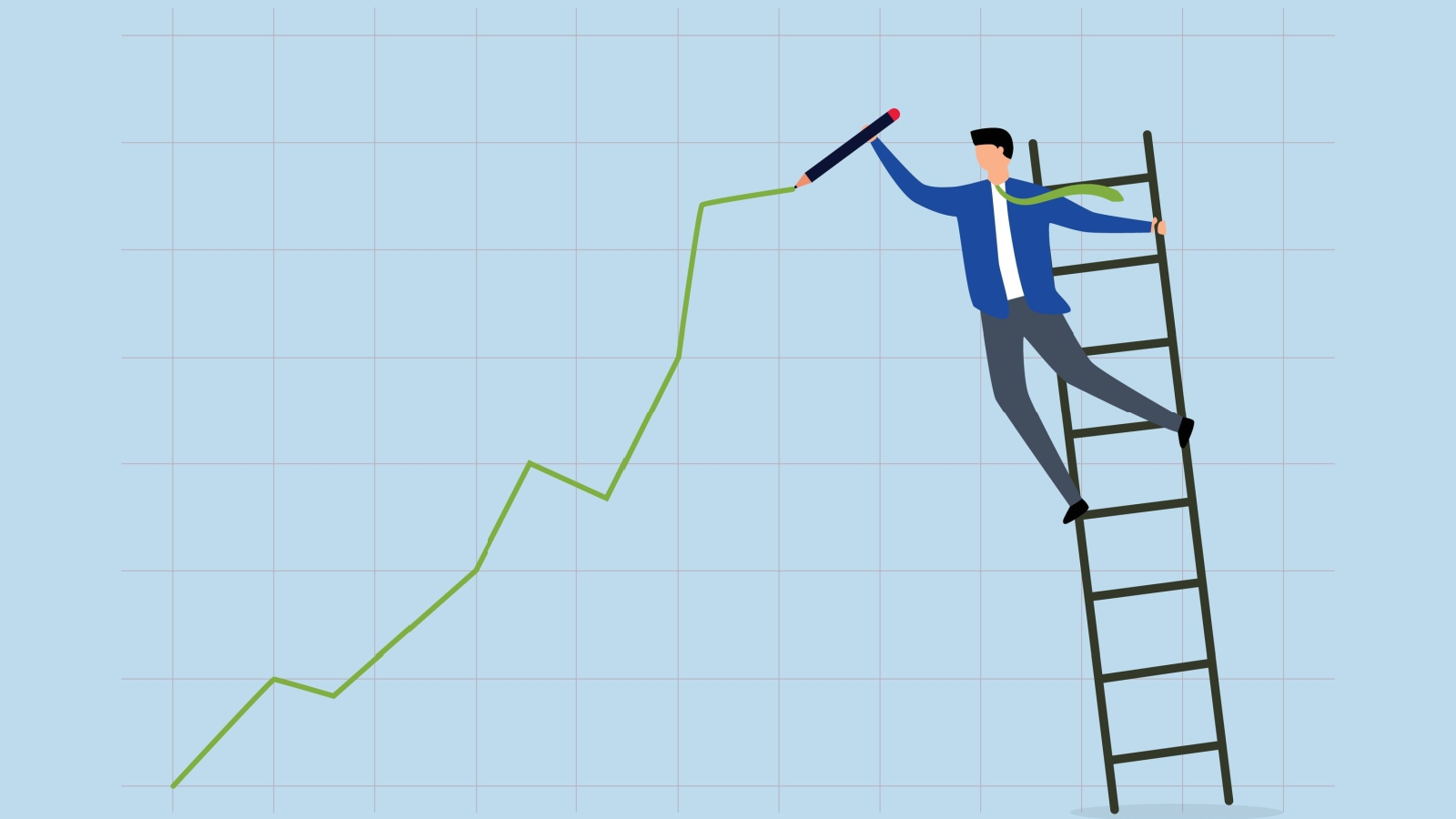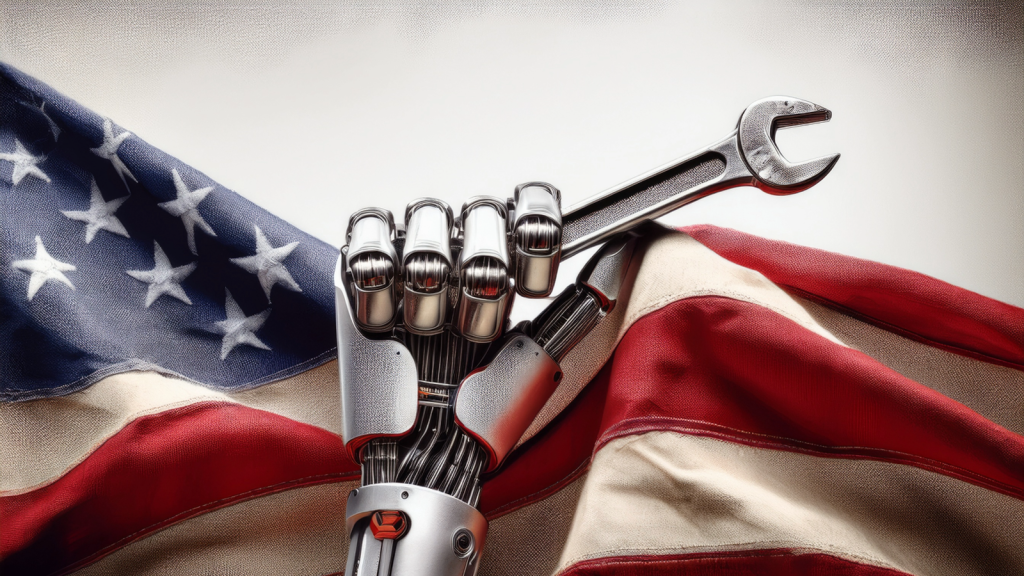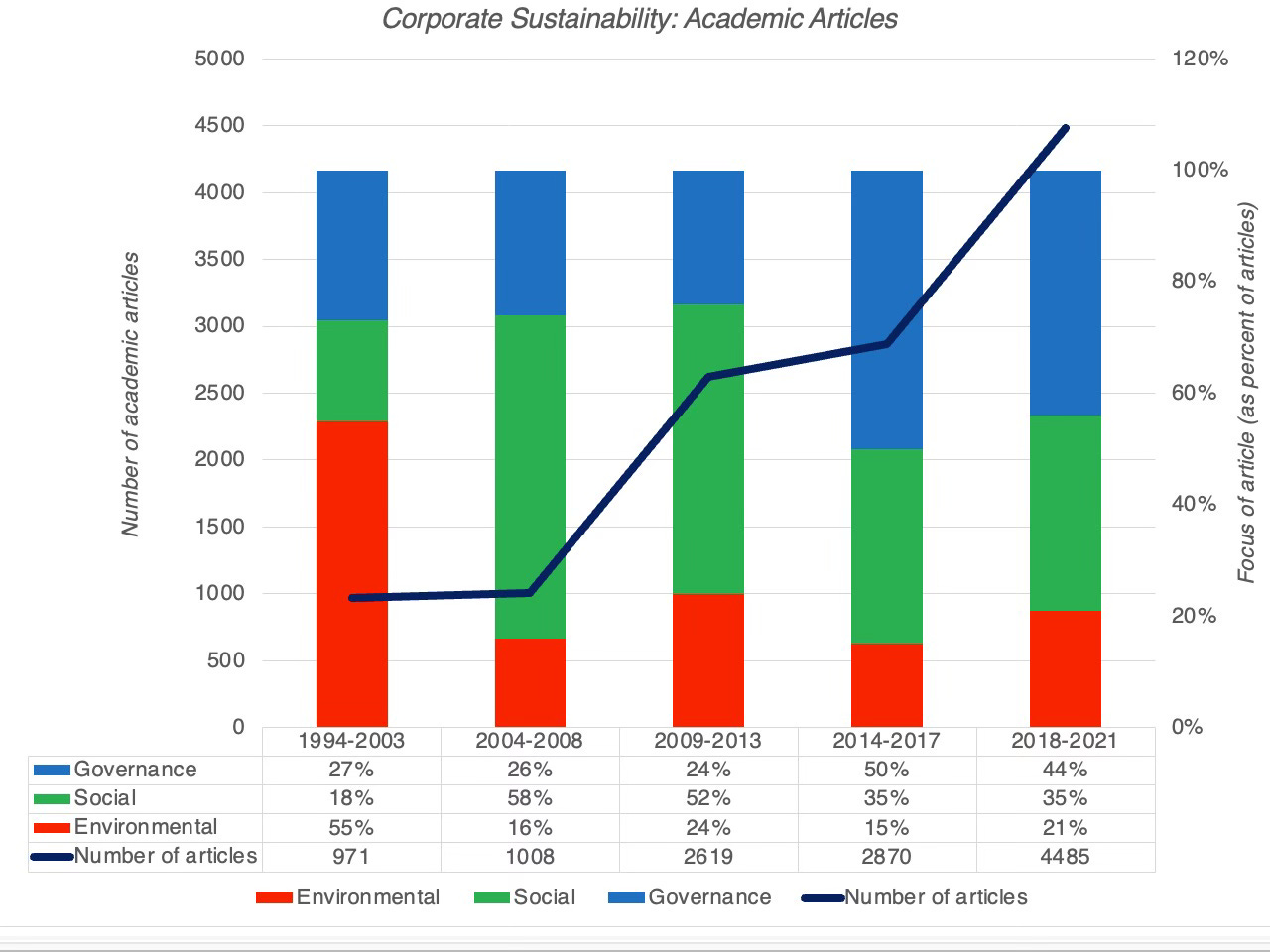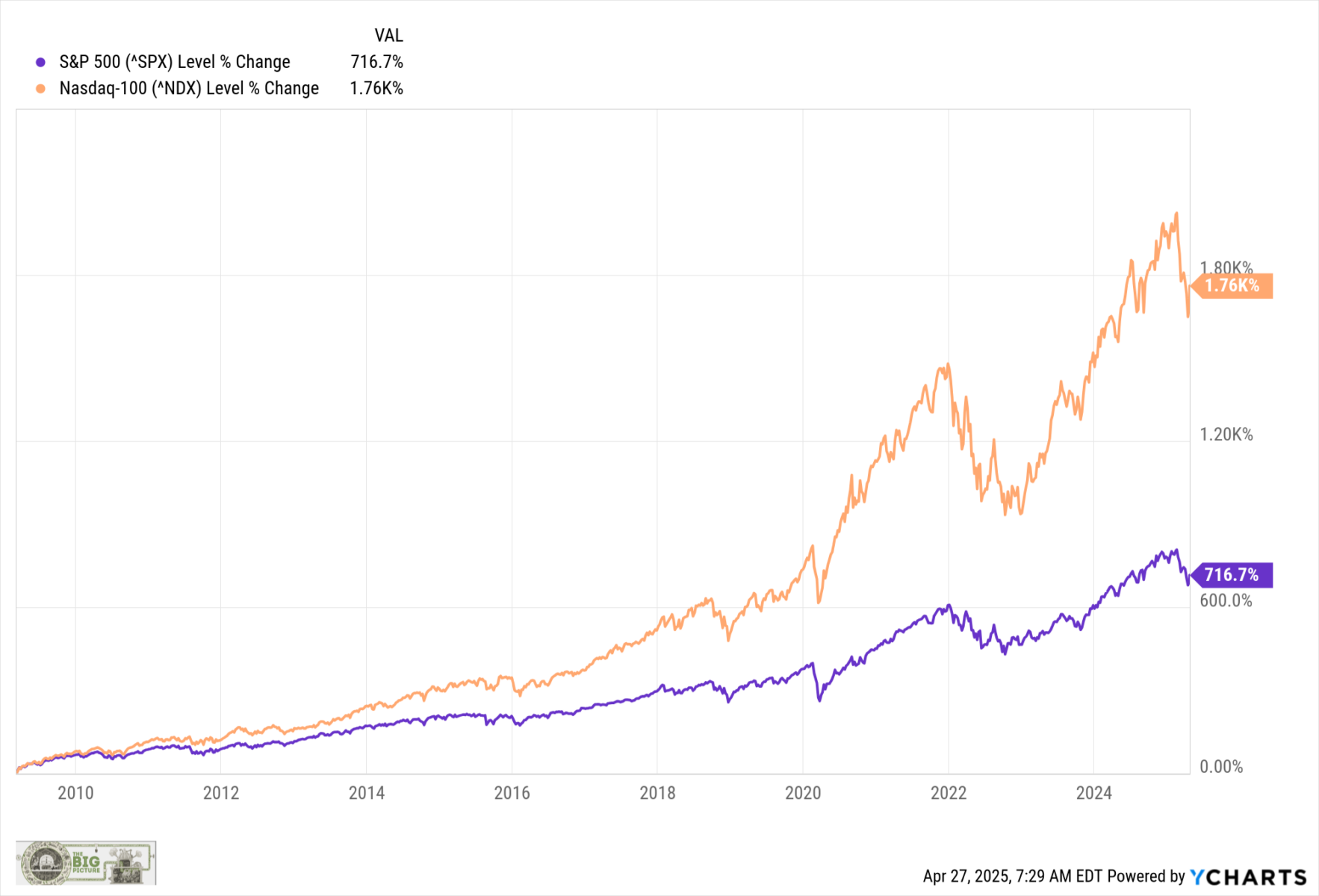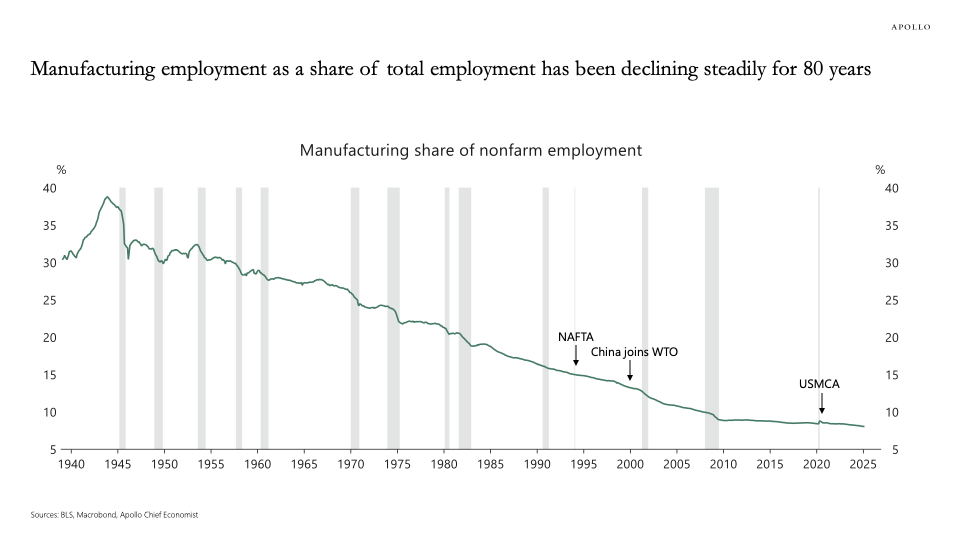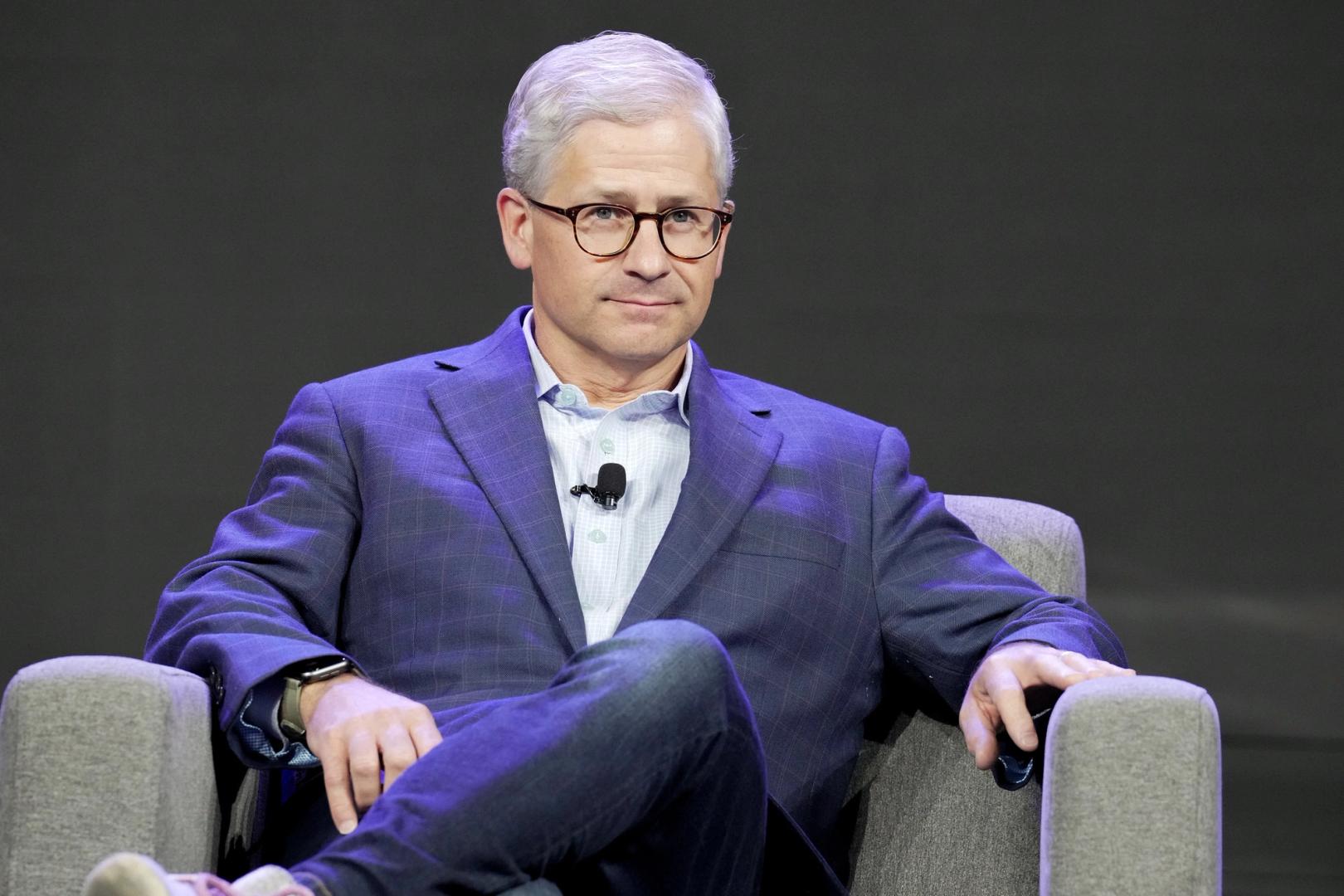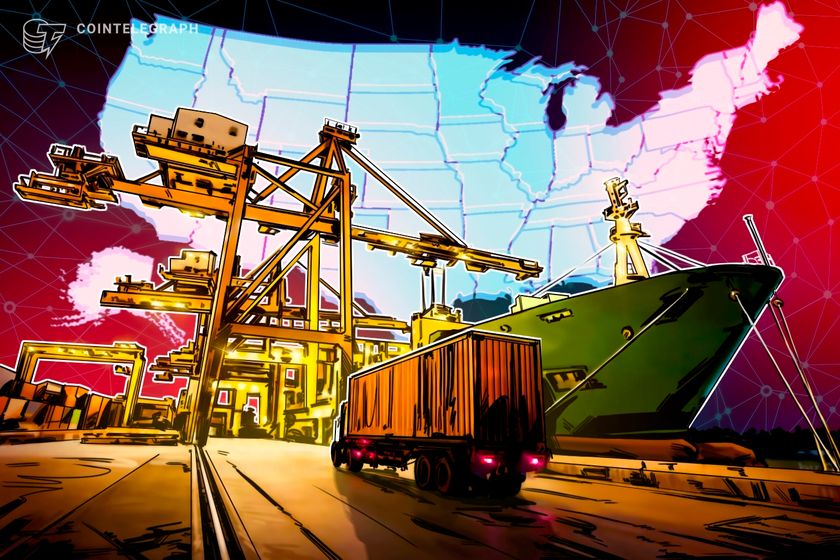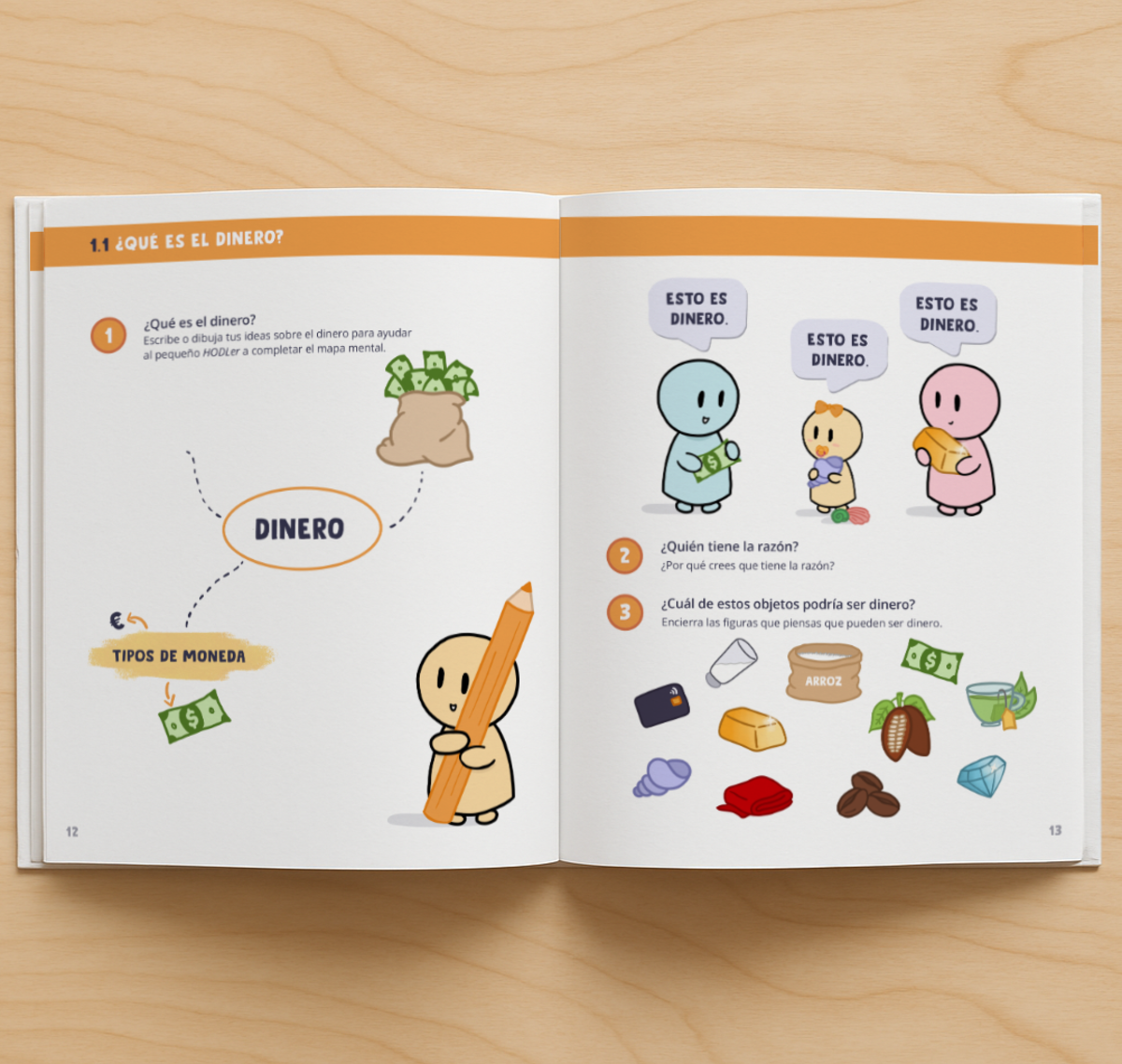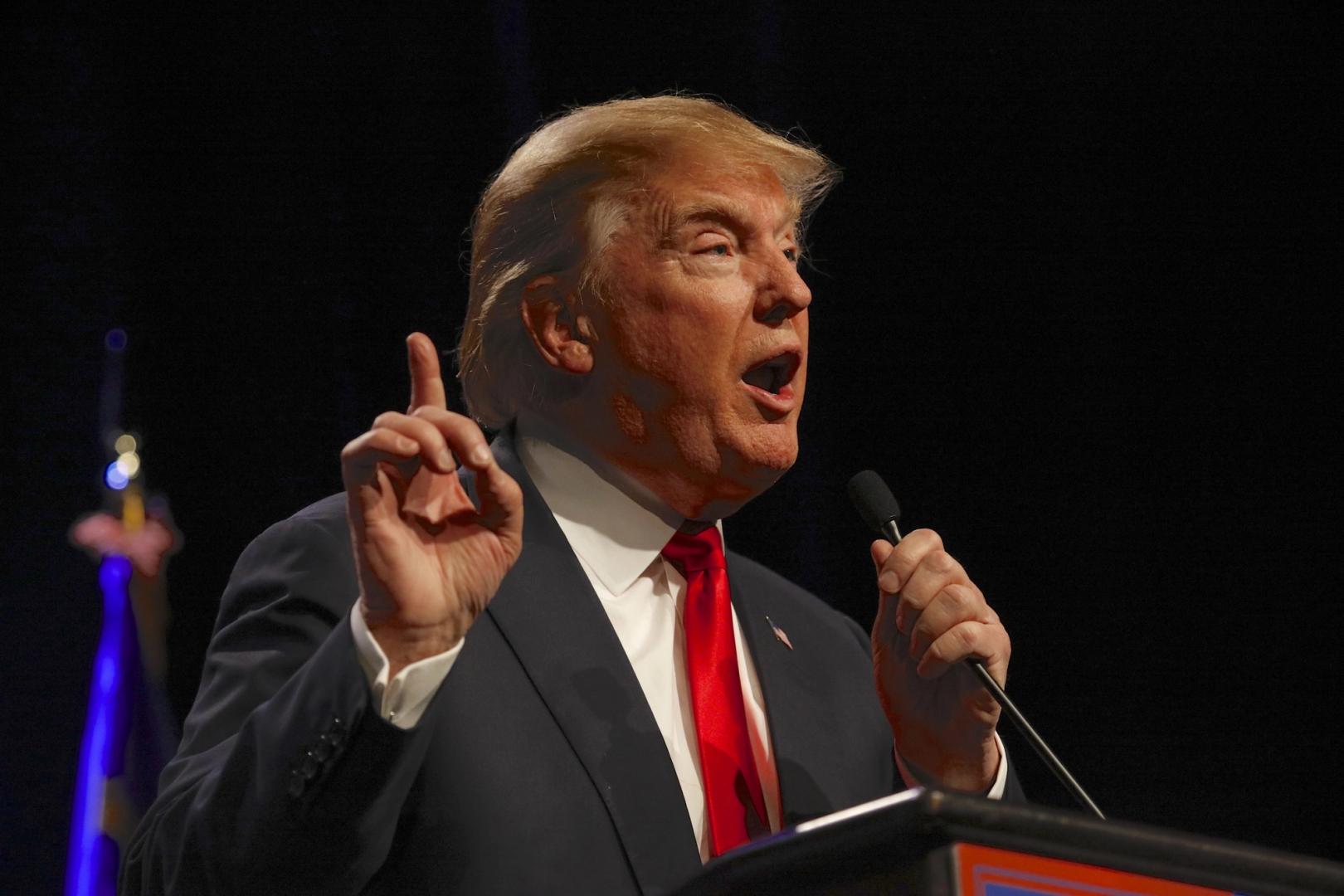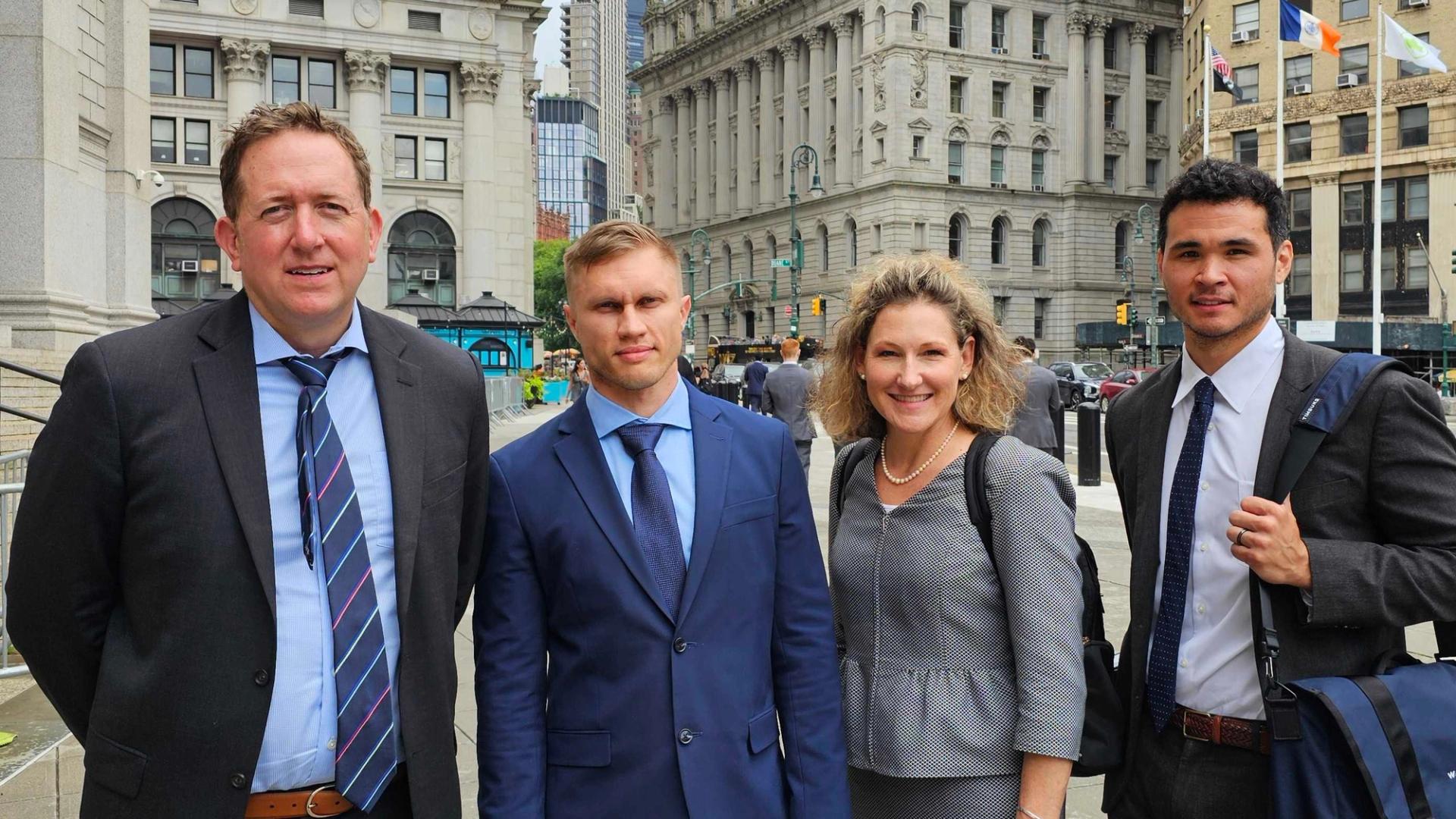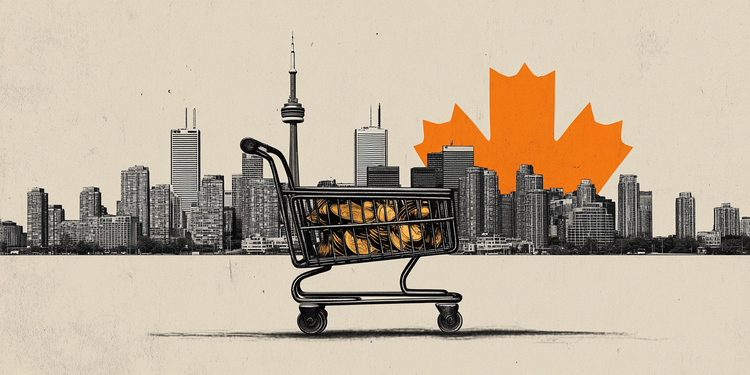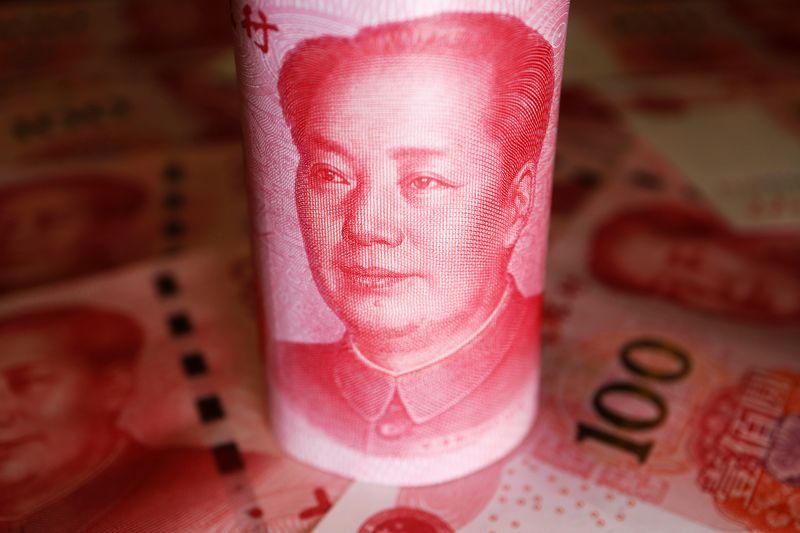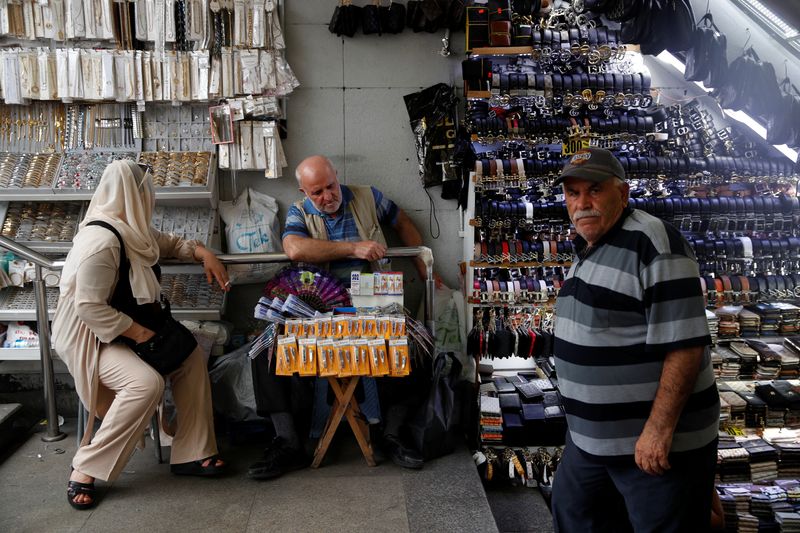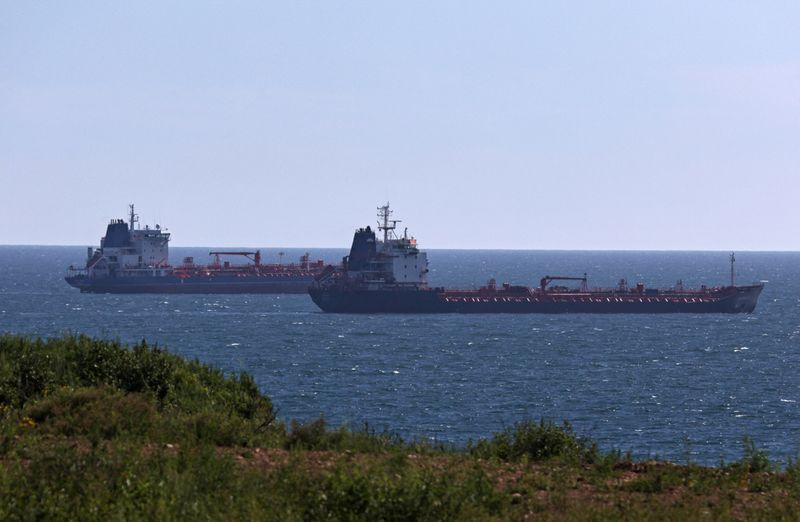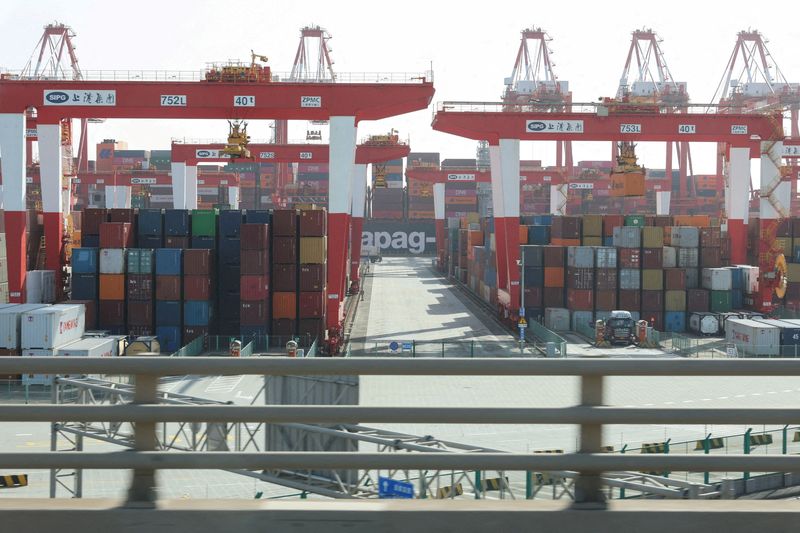Customs warehouses are booming as U.S. businesses turn to a ‘hope and prayer’ strategy of waiting out the tariff war
Parking goods is a last resort—and it’s not cheap.

The White House’s trade war is forcing a growing number of U.S. businesses into a painful choice between paying skyrocketing tariffs or waiting for tariff rates to drop—and hoping their supplies don’t run out in the meantime. Some firms, though, are choosing a third option: buying goods and then storing them in special offshore warehouses.
Customs bonded warehouses are in high demand, said Cindy Allen, a customs broker and CEO of Trade Force Multiplier LLC. “That's what I call the hope and prayer strategy,” she explained. “You bring goods, you don't pay the duty, you hope that it's gonna go down—you hedge your bets."
Bonded warehouses are secure storage facilities where imported goods can be held without paying duties or taxes until the goods are officially released into the market or exported.
Allen, who has over 35 years of experience in international trade, is a former DHL and FedEx executive and previously held leadership roles in the U.S. Customs and Border Protection agency. She has recently dealt with firms, mostly small to mid-sized businesses, that have halted imports, canceled orders, or left their orders in China.
“I've heard companies say, ‘When I ordered this, the duty rate was 2.5% and now it's 145%; I can’t afford that,’” she said, adding she has detected a sense of desperation among companies willing to take a risk in paying for storage rather than swallowing exorbitant duty fees.
For those who do roll the dice on storing the goods, the bonded warehouse option is still not cheap, however, and entails more paperwork and legal considerations. Some firms have so far avoided the tariff-or-warehouse dilemma by choosing to front-load inventory before the new duties took effect. “We did see a spike in air freight for companies who could afford it to bring in goods before the duty was assessed,” Allen said.
That solution has proved effective for firms that employed it but, as the tariff war drags on, those stockpiles will dry up and force businesses to make harder choices.
Slowdown already hitting U.S. ports
In the coming weeks, bonded warehouses are poised to have a more significant role in U.S. commerce, Hamish Woodrow, head of strategic analytics at Motive, a truck fleet management software provider, told Fortune. “We expect demand for bonded warehouses to grow as companies look to nearshore goods import and store products without incurring tariffs—anticipating potential shifts in trade policy in the near future,” he said.
Meanwhile, Canadian third-party logistics provider 18 Wheels Warehousing and Trucking reports that amid the U.S.-China trade war, inquiries for bonded storage in Canada have increased fourfold this month, according to S&P Global's Journal of Commerce.
The beginning of April looked promising as global trade was experiencing a significant surge with a 46% year-over-year increase in activity at the Port of Laredo—the busiest land port in the U.S., Woodrow said. Motive expects southern border imports and Canadian imports to remain strong through Q2 with unseasonably high throughput, he added.
However, when you compare that to ocean ports, “we have seen a slowdown in traffic already at ports on the west coast, most notably L.A., down significantly since January (-19%),” he said. Adding, “We expect Q2 to be a rough quarter for ocean-bound imports as companies deploy a wait-and-see approach for foreign goods.”
Los Angeles, home to the nation’s busiest port, is feeling the drop-off from Asian shipping. And amid a drop in container shipping, long-haul truckers are poised to feel the impact.
Last week, the founder of a media firm that tracks shipping trends reported that daily volumes were equivalent to Thanksgiving and Christmas Day-the two slowest shipping days of the year, Fortune reported. Craig Fuller, the founder, also warned truckers to avoid hauling shipments to Los Angeles since they would likely have to “deadhead” back home-the industry term for driving an empty load.
In her many years of experience, Allen thinks the impact of the current tariffs is unprecedented. “I've been in this business since 1987, and this is, quite frankly, a resetting of the higher international trade structure like we have never seen before,” she said.
This story was originally featured on Fortune.com




